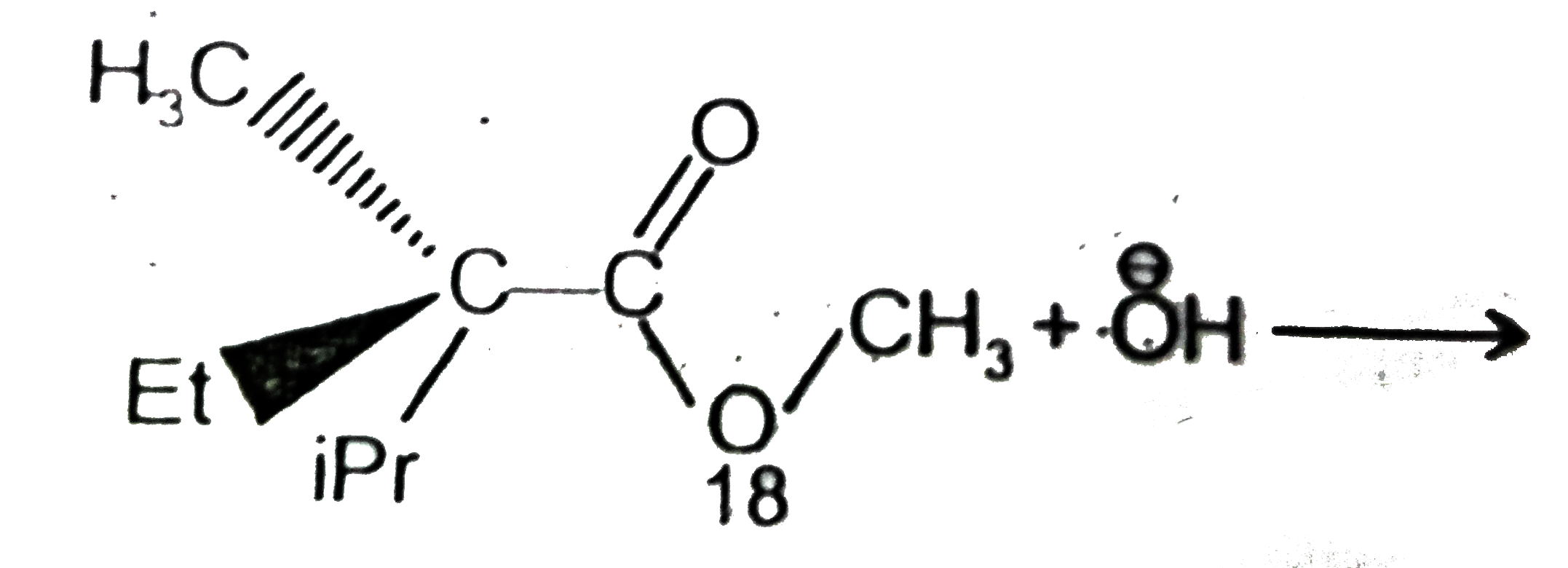When x gm carbon is burnt with y gm oxygen in a closed vessel, no residue is left behind. Which of the following statement is correct regarding the relative amounts of oxygen and carbon?
yx must lie between 1.33 and 2.67
yx must be greater than or equal to 2.67
y/x must be less than or equal to 1.33
y/x must be greater than or equal to 1.33
The correct Answer is:D
Step by step video, text & image solution for When x gm carbon is burnt with y gm oxygen in a closed vessel, no residue is left behind. Which of the following statement is correct regarding the relative amounts of oxygen and carbon? by Chemistry experts to help you in doubts & scoring excellent marks in Class 11 exams.
Updated on:21/07/2023Topper's Solved these Questions
- MOLE CONCEPT, STOICHIOMETRY & CONCENTRATION TERMSBOOK - GRB PUBLICATIONCHAPTER - MOLE CONCEPT, STOICHIOMETRY & CONCENTRATION TERMSEXERCISE - Percentage yield and percentage purity
18 Videos
- MOLE CONCEPT, STOICHIOMETRY & CONCENTRATION TERMSBOOK - GRB PUBLICATIONCHAPTER - MOLE CONCEPT, STOICHIOMETRY & CONCENTRATION TERMSEXERCISE - Sequential and Parallel Reactions
17 Videos
- MOLE CONCEPT, STOICHIOMETRY & CONCENTRATION TERMSBOOK - GRB PUBLICATIONCHAPTER - MOLE CONCEPT, STOICHIOMETRY & CONCENTRATION TERMSEXERCISE - Density
36 Videos
- ISOMERISMBOOK - GRB PUBLICATIONCHAPTER - ISOMERISMEXERCISE - SUBJECTIVE TYPE
67 Videos
- NOMENCLATURE AND CLASSIFICATIONBOOK - GRB PUBLICATIONCHAPTER - NOMENCLATURE AND CLASSIFICATIONEXERCISE - Subjective Type
24 Videos
Similar Questions
Knowledge Check
Which of the following statements is correct regarding tracheids and vessels?
ABoth are multicellularBBoth are members of phloemCLumen of tracheids is narrow but wide in vesselsDSepta between vessels are intact but lost in tracheidsWhich of the following statements are correct regarding given reaction?

Labled oxygen]AThe given reaction primarily follows S−(N)2- mechanismBIn the given reaction condition inversion occurs at the chiral carbonCLabelled .18O is present is formed carboxylic acid.DThe given reaction primarily follows addition/elimination mechanismWhich of the following statement is/are correct regarding the compounds of carbon family elements ?
AMaximum co-ordination number of carbon is commonly occuring compounds is 4, whereas that of silicon is 6.BThe stability order of group 14 dihalides is SiX2<GeX2<SnX2<PbX2CThe order of boiling point of hydrides of group 14 element is CH4<SiH4<GeH4<SnH4DMeSiCl3 on hydrolysis and subsequent condensation will produce (Me)Si(OH)3
Which of the following statement is wrong regarding carbon mono−oxide.
View SolutionWhich of the following statements is/are correct with regard to the disadvantages of GM crops ?
View SolutionWhich of the following is not correct regarding 14 gram of carbon monoxide?
View Solution1 g of Mg is burnt in a closed vessel containing 0.5 g of O2. Which of the following statements is correct ?
View SolutionFor the electrons of oxygen atom, which of the following statemetns correct?
View Solution
